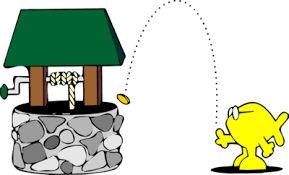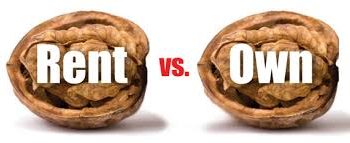 February 2023
February 2023
“I wish someone had told me before I purchased” is a common refrain among condominium owners who were “told” before purchasing but never bothered to read or understand.
When owning a single-family home, the homeowner decides what they choose to do when it comes to maintenance, renovations and activities in the home. The situation is more complex in high-rise communities. Each owner has an obligation to ensure what occurs in the home does not impact on other residents or the community. Outside the four walls of each unit wiring, pipes and shared access to amenities such as a fitness room is governed by the corporation’s governing documents for the safety and enjoyable use of all.
Problems arise because so few choose to read their governing documents, or because they come from a rental environment where things operate differently. Many mistakenly treat the corporation, board and manager as a landlord.
 Single-family home ownership is simple. You purchase a home and the land it sits on, and are responsible for maintaining your property. When the roof leaks you repair it. You decide when and how to undertake repairs, and live with the consequences of your decisions. You are responsible for shoveling snow, clearing walkways of ice, mowing the lawn and landscaping. When pipes freeze you alone are responsible. You are king of your castle and accept all responsibilities that come with this.
Single-family home ownership is simple. You purchase a home and the land it sits on, and are responsible for maintaining your property. When the roof leaks you repair it. You decide when and how to undertake repairs, and live with the consequences of your decisions. You are responsible for shoveling snow, clearing walkways of ice, mowing the lawn and landscaping. When pipes freeze you alone are responsible. You are king of your castle and accept all responsibilities that come with this.
 In a condominium your owned property is limited by the walls of your unit. All other spaces are shared ownership and you have agreed to band together with other owners to assume many responsibilities as detailed in the declaration for the corporation. Owners vote to elect directors tasked with management of the corporation and make decisions on your behalf which may include restrictions on pets, smoking or other activities. You agree to pay condo fees to support the corporation.
In a condominium your owned property is limited by the walls of your unit. All other spaces are shared ownership and you have agreed to band together with other owners to assume many responsibilities as detailed in the declaration for the corporation. Owners vote to elect directors tasked with management of the corporation and make decisions on your behalf which may include restrictions on pets, smoking or other activities. You agree to pay condo fees to support the corporation.
Many owners believe that the board and manager are there to provide service much like a landlord. They direct all complaints to one or both parties and expect resolution. The board is not a landlord. It exists to serve the community as a whole and employs management to assist in the task. Their obligations to individual residents are limited. Residents are not entitled to direct access to the board or agents such as the accountant, lawyer, engineer or condominium manager. The board does not address individual problems.
Transitioning from a tenant mentality to a condominium mentality takes time. After leaving the family home, many are unfamiliar with maintaining their home and simply assume the corporation will do it for them. Tenants are accustomed to calling the landlord when anything goes wrong. They are surprised to learn that repairs required of a landlord – fixing water leaks, replacing ceiling light fixtures, window caulking and repairing damaged electrical outlets – are now their responsibility.
Human nature is such that many choose not to read documents before purchasing or choosing to rent a condominium. Some people don’t like being told what they can do in their home. While condominium living may not be appropriate for these individuals, there is no reasonable way to proactively ensure future residents understand their obligations.







